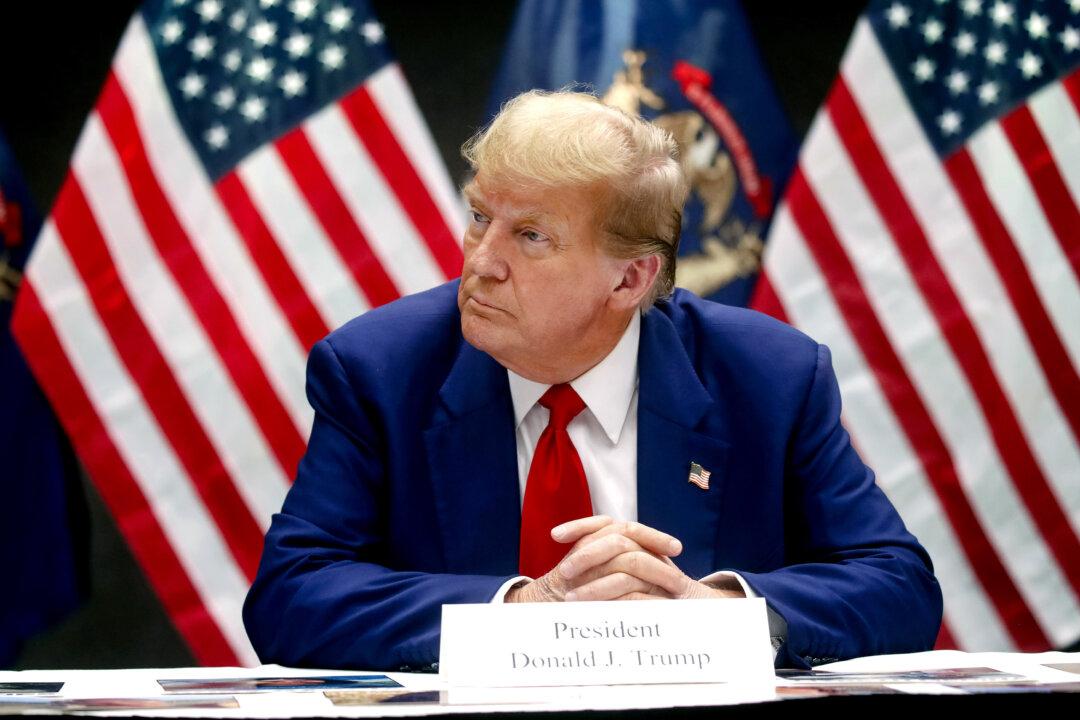Fulton County Superior Court Judge Scott McAfee has denied former President Donald Trump’s motion to dismiss charges under the First Amendment, noting that the way the challenge was brought limited the arguments that could be made.
“Without foreclosing the ability to raise similar as-applied challenges at the appropriate time after the establishment of a factual record, the Defendants’ motions based on First Amendment grounds are denied,” the judge wrote in an April 4 order.





